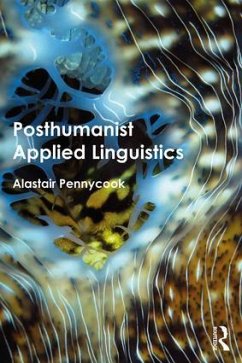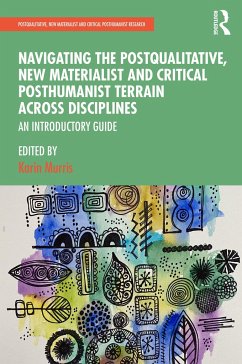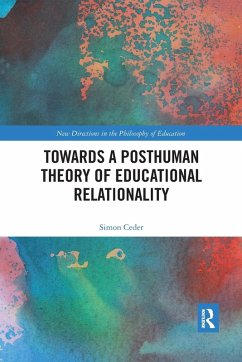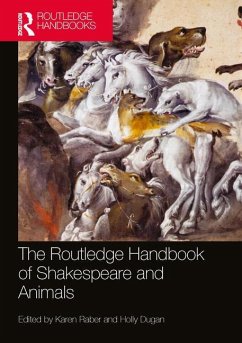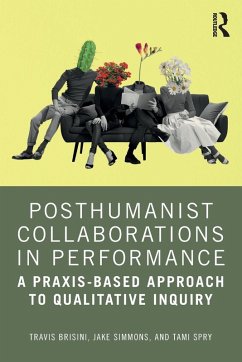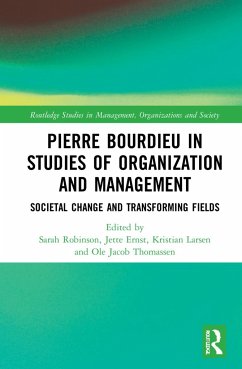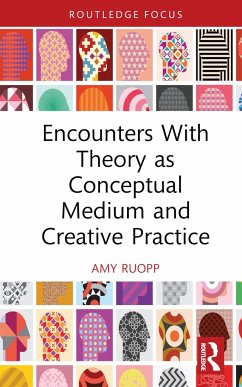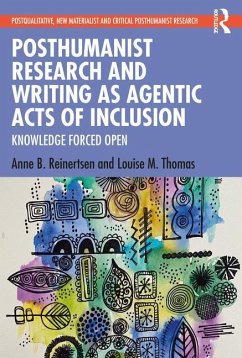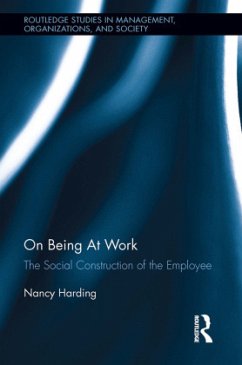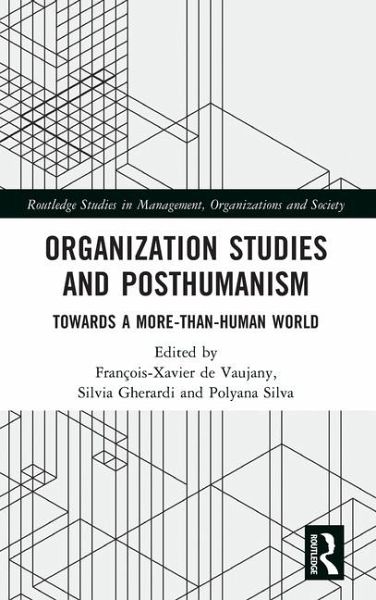
Organization Studies and Posthumanism
Towards a More-than-Human World
Herausgegeben: de Vaujany, François-Xavier; Gherardi, Silvia; Silva, Polyana
Versandkostenfrei!
Versandfertig in 6-10 Tagen
144,99 €
inkl. MwSt.

PAYBACK Punkte
72 °P sammeln!
This book aims at exploring the reception of critical posthumanist conversations in the context of Management and Organization Studies. It constitutes an invitation to de-center the human subject and thus an invitation to the ongoing deconstruction of humanism. The project is not to deny humans but to position them in relation to other nonhumans, more-than-humans, the non-living world, and all the "missing masses" from organizational inquiry. What is under critique is humanism's anthropocentrism, essentialism, exceptionalism, and speciesism in the context of the Anthropocene and the contempora...
This book aims at exploring the reception of critical posthumanist conversations in the context of Management and Organization Studies. It constitutes an invitation to de-center the human subject and thus an invitation to the ongoing deconstruction of humanism. The project is not to deny humans but to position them in relation to other nonhumans, more-than-humans, the non-living world, and all the "missing masses" from organizational inquiry. What is under critique is humanism's anthropocentrism, essentialism, exceptionalism, and speciesism in the context of the Anthropocene and the contemporary crisis the world experiences. From climate change to the loss of sense at work, to the new geopolitical crisis, to the unknown effects of the diffusion of AI, all these powerful forces have implications for organizations and organizing. A re-imagination of concepts, theories, and methods is needed in organization studies to cope with the challenge of a more-than-human world.





